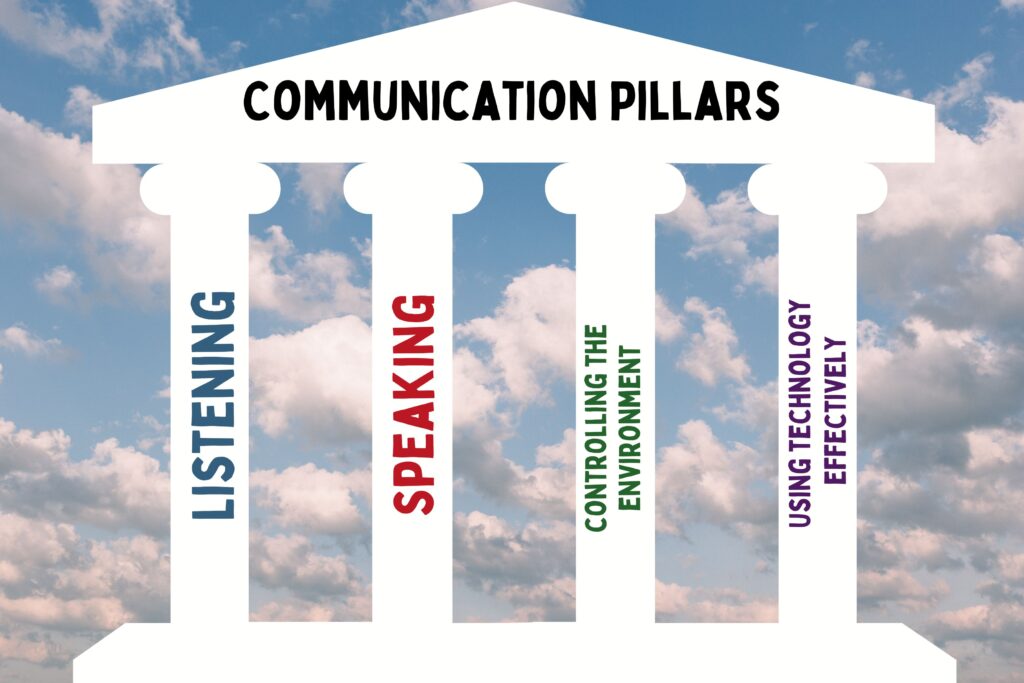If you’re reading this, chances are you or someone you love has recently started wearing hearing aids—or you’re thinking about it. First of all, let me say this: congratulations on taking this step. Choosing to treat hearing loss is one of the most important decisions you can make for your health, independence, and relationships.
Many people imagine that hearing aids will be like putting on a pair of glasses—pop them in and everything is instantly clear. But hearing doesn’t work that way. It’s a process that involves your ears, your brain, and your lifestyle all working together.
In this article, I’ll walk you through what to expect as you adjust to hearing aids, practical tips for success, and the communication habits that will help you hear—and live—better.
Why Hearing Aids Feel Overwhelming at First
If your hearing loss developed gradually over many years, your brain has slowly gotten used to missing sounds. When you start wearing hearing aids, all those sounds—voices, background noise, even your own footsteps—suddenly come rushing back.
It’s very common to feel:
- Overwhelmed by everyday noises
- Tired or mentally drained by the end of the day
- Unsure whether you made the right decision
Please know: this is normal. With time and consistent use, your brain will learn to filter out unimportant sounds and focus on what matters.
How Long Does It Take to Adjust to Hearing Aids?
Every person is different, but most people need a few weeks to a few months to fully adapt. Here’s a general timeline:
✅ Week 1-2: Everything sounds louder, sometimes tinny or artificial. You might notice your own voice sounds different.
✅ Week 3-4: Your brain starts to adapt, and you feel less fatigued.
✅ Month 2-3: You begin to recognize the clarity and benefits of consistent use.
✅ After 3 months: Most patients feel comfortable and confident with their devices.
The key is to wear your hearing aids every day, all day. The more you practice, the faster your brain will adjust.

The Four Pillars of Successful Communication
Fitting great technology is only part of the process. To truly succeed, you need to learn strategies that make listening and understanding easier. Over the last 20 years, we’ve taught thousands of patients to rely on what I call the Four Pillars of Communication:
1️⃣ Listening
Hearing aids help you hear sounds, but your brain is still responsible for making sense of them. Good listening habits are essential:
- Face the person who is speaking.
- Watch for visual cues, like lip movements and expressions.
- Stay focused—avoid multitasking during conversations.
- Be patient with yourself while your brain retrains.
2️⃣ Speaking
Communication is a partnership. Encourage your friends and family to:
- Get your attention before they start talking.
- Speak clearly, at a normal pace.
- Rephrase instead of repeating the same words.
- Avoid shouting, which can distort sound.
3️⃣ Controlling the Environment
Even with advanced technology, background noise can be challenging. Set yourself up for success:
- Turn off the TV or radio during conversations.
- Sit closer to the person you want to hear.
- Choose quieter restaurants and well-lit spaces.
- Reduce competing sounds whenever possible.
4️⃣ Taking Advantage of Technology
Modern hearing aids offer incredible features. Make sure you’re using yours to their full potential:
- Wear them all day, every day.
- Keep them clean and charged.
- Use accessories, like TV streamers or remote microphones, in challenging situations.
- Schedule regular check-ins to fine-tune your settings.
Tips to Make the Adjustment Period Easier
Here are a few simple steps you can take to feel more comfortable with your hearing aids:
✅ Start in a quiet environment. Spend your first few days wearing them around the house to get used to familiar sounds.
✅ Practice active listening. Read along with audiobooks or captions on TV to help your brain connect sound and language.
✅ Take breaks if you feel overwhelmed. It’s okay to remove your devices for a short time, but always put them back in.
✅ Keep a journal. Make notes about what sounds too loud, too soft, or uncomfortable. Share this feedback with your audiologist.
✅ Be kind to yourself. Adjusting takes patience. Celebrate small victories along the way.
Why Treating Hearing Loss Is Worth It
Many people put off getting hearing aids because they worry about how they’ll look or whether they’ll work. But untreated hearing loss is linked to:
- Social isolation
- Depression and anxiety
- Increased risk of falls
- Memory loss and dementia
When you treat hearing loss, you’re not just improving your hearing—you’re protecting your brain, staying engaged, and preserving your independence.
What If I’m Still Struggling?
If you feel like you’re not making progress, please don’t give up. Hearing aids often need fine-tuning as your brain adjusts. A good audiologist will:
- Make precise adjustments to your programming
- Help you learn communication strategies
- Offer encouragement and support
You deserve care that’s personalized and patient-centered. If you’re in the American Fork or Spanish Fork area, my team at Timpanogos Hearing & Tinnitus would love to help you succeed.
Final Thoughts
Adjusting to hearing aids is a journey, not a sprint. Every day you wear them, you’re giving your brain the stimulation it needs and taking back the confidence you deserve.
Remember:
Aging is inevitable. Decline is optional.
If you have questions about your hearing, your devices, or how to make the transition easier, don’t hesitate to reach out. My team and I are here to guide you every step of the way.
Welcome back to the world of hearing. You belong here!
